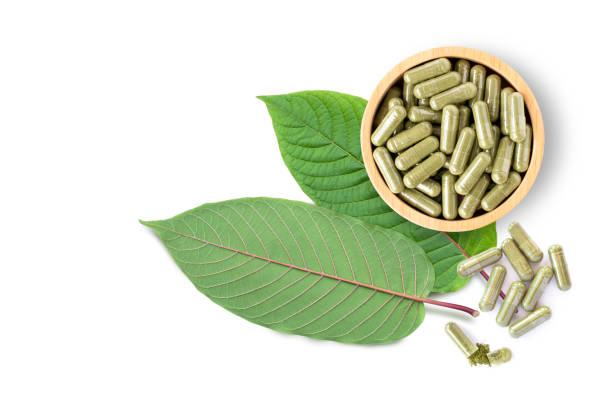Drugs That Dont Mix With Kratom
If you're considering taking kratom, it's important to understand how kratom interacts with certain medications. It's possible to experience severe side effects, even if you take a low dose, if you mix it with other medications. Here's a look at a few of the common drugs that may cause interactions with kratom.

Angiotensin converting enzyme inhibitors, or ACE inhibitors, lower blood pressure and help prevent cardiovascular complications. They're also used to treat symptoms of hypertension and diabetes. These drugs work by blocking adrenergic receptors in the arteries, which is why they're effective against both conditions. However, when you combine kratom with these drugs, you'll have to wait at least two hours between each drug.
Other NSAIDs, or non-steroidal anti-inflammatory drugs, work by reducing swelling and fever. When taken in high dosages, they can be harmful to your liver and stomach. Because of this, you should avoid combining kratom with them.
Diuretics, or kidney meds, help your body rid itself of water. Unfortunately, when you use kratom and diuretics together, you may have an increased risk of damage to your kidneys and liver.
Anti-emetics, or anti-spasmotics, work by preventing mast cells from breaking down. This is an important part of maintaining a healthy immune system. When you combine kratom with these medications, you can expect to experience increased nausea and vomiting. In addition to this, you can develop a condition called serotonin syndrome, which is a dangerous condition that can lead to serious, untreated conditions.
Benzodiazepines, or benzodiazepines, are highly effective sedatives. When you combine kratom with them, you can expect to experience decreased libido, fatigue, and anxiety. Taking these drugs with kratom may increase your chance of overdosing. You should also avoid mixing kratom with opioids, as these drugs are highly addictive.
SGLT-2 drugs, or sodium glucose cotransporter-2 inhibitors, are an alternative treatment for people with type 2 diabetes. Unlike insulin therapy, SGLT-2s prevent blood sugar from being reabsorbed into the bloodstream.
SSRIs, or serotonin reuptake inhibitors, work by inhibiting the 5HT2a receptor. Combined with kratom, this could lead to a decrease in libido, seizures, and memory loss. As a result, it's important to consult a doctor before using kratom with SSRIs.
There are other drugs that can have negative interactions with kratom, including SNRIs and antibiotics. Several types of antibiotics, like fluoroquinolones and cephalosporins, have been shown to affect kratom's metabolism. Likewise, some NSAIDs compete with kratom for liver enzymes. Combined with kratom, they could cause serious, long-term damage to your liver.
Meglitinides, or meglitinoids, are used to treat type 2 diabetes. Aside from helping to control your blood sugar, they also stimulate the release of insulin. The effects of kratom can interfere with meglitinide's ability to reduce insulin production. For this reason, you should not take kratom and meglitinides at the same time. To avoid this, you should wait at least two hours between kratom and meglitinides.
Finally, you'll have to watch out for interactions with other drugs that are classified as stimulants. Using kratom with these drugs can be dangerous, as they can raise blood pressure, heart rate, and headaches.
Related Blogs:
Green Malay Kratom Is Not As Powerful As Red Vein Kratom Strains
- Nincsenek hozzászólások.
